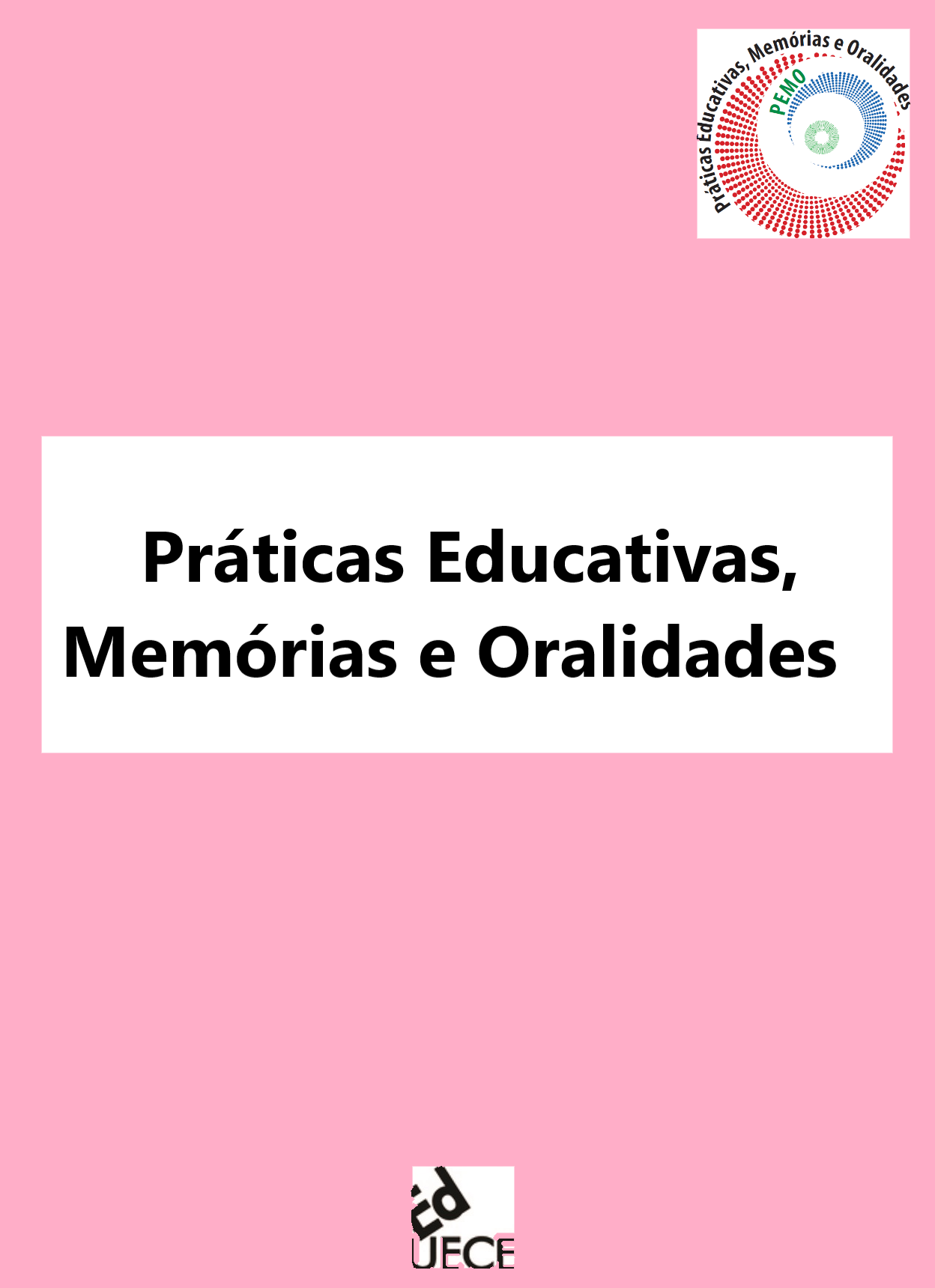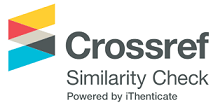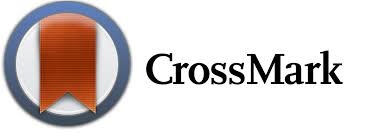Cenas em cena: uma sequência didática para narrativas literárias contadas através do gênero textual dramático
DOI:
https://doi.org/10.47149/pemo.v.4.6793Palavras-chave:
Ensino Médio Integrado, Literatura, Narrativa, Drama, Sequência DidáticaResumo
O presente trabalho buscou desenvolver uma ferramenta pedagógica, por meio de uma sequência didática, com a finalidade de inovar as aulas de Literatura dos 3ºs anos dos cursos Técnicos em Eletrotécnica e Informática, integrados ao Ensino Médio do IFSULDEMINAS, campus Poços de Caldas (MG). Busca-se apresentar uma alternativa aos professores e professoras de Literatura permitindo-lhes aprofundar as narrativas literárias, no intuito de despertar um maior interesse e protagonismo dos educandos, através de uma abordagem diferenciada ao (re)conhecer os gêneros: narrativo (literário) e dramático (teatral), assim como ler, escrever e (re) contar histórias, motivando-os dentro dos seus processos de construção da aprendizagem. O desenvolvimento desta proposta prática se deu com alunos dos terceiros anos dos cursos integrados em Eletrotécnica e Informática, no segundo semestre de 2020, dentro da disciplina de Língua Portuguesa e Literatura. A atividade consistiu em uma sequência didática, dividida em módulos de estudos sequenciais, adaptados para as aulas remotas (pandemia COVID-19), com representação de uma releitura Estruturalista, elaborada e planejada pelos alunos de um texto de partida (narrativo) para um texto de chegada (dramático). Todo o projeto está compilado (ao final) em outro produto educacional, uma cartilha que detalha uma prática pedagógica de inclusão literária que pretende servir de alternativa a professores que trabalham com o tema – culminância desta pesquisa.
Downloads
Referências
ARAÚJO, L. F. F. de; PROGETTI, C. B.; SANTOS, R. A. do. O processo de ensino-aprendizagem: desafios em tempos de isolamento social. Rev. Pemo, Fortaleza, v. 3, n. 3, e334992,2021. Disponível em: https://doi.org/10.47149/pemo.v3i3.49921
ARISTÓTELES. A poética. Trad. Eudoro de Sousa. Porto Alegre: Globo, 1966.
BNCC. Portaria n° 1.570, publicada no D.O.U. de 21/12/2017, Seção 1, Pág. 146. Disponível em: http://basenacionalcomum.mec.gov.br/images/historico/BNCC_EnsinoMedio_embaixa_site_110518.pdf
CÂNDIDO, A. Vários escritos. Rio de Janeiro: Ouro sobre azul, 2004.
CEREJA, W. R. Ensino de Literatura: uma proposta dialógica para o trabalho com Literatura. São Paulo: Atual, 2005.
CHAUÍ, M. Introdução à história da filosofia: dos pré-socráticos a Aristóteles, volume I. 2. ed. São Paulo: Brasiliense, 1994.
DEL PICCHIA, M. P. Máscaras: o amor de Dulcinéia. Rio de Janeiro: Ediouro, 1987.
FRANCO JUNIOR, A. Operadores de leitura da narrativa. In: BONNICI, T.; ZOLIN, L. O. (Org.). Teoria literária: abordagens históricas e tendências contemporâneas. 3. ed. Maringá, PR: UEM, 2009.
FRIEDMAN, N. Point of view in fiction. In: STEVICK, P., org. The Theory of the Novel. 1967. Revista USP, São Paulo, nº 53, p. 166-182, 2002.
FRIGOTTO, G.; ARAUJO, R. M.L. Práticas Pedagógicas e ensino integrado. Revista Educação em Questão Natal: UFRN, v. 52, n.38, p. 61-80, 2015. Disponível em: https://periodicos.ufrn.br/educacaoemquestao/article/download/7956/5723
GENETTE, G. Discurso da Narrativa. Trad. Fernando Cabral Martins. Lisboa: Arcádia, 1979.
JAKOBSON, R. Linguística e Comunicação. 19ª ed. Trad. Izidoro Blikstein e José Paulo Paes. São Paulo: Cultrix, 2003.
LISPECTOR, C. Laços de família. Rio de Janeiro: Rocco, 1998.
MOROCHO GAYO, G. (Org.). Estudios de drama e retórica en la Grecia y Roma. León: Universidad de León, Servicio de Publicaciones, 1987.
PARANÁ. Diretrizes curriculares da educação básica / língua portuguesa. Curitiba: SEED, 2008.
SCHIAVINATO, D. G. Orator de Cícero: Tradução e Estudo de Fragmentos de uma Poética Clássica. Dissertação. Mestrado em Estudos Lieterários. Unesp, Araraquara, SP. 2013. Disponível em https://repositorio.unesp.br/bitstream/handle/11449/115922/000810206.pdf;jsessionid=DCCC6F398F341798A5FDEA682C12B386?sequence=1.
SANFELICI, A. de M.; SILVA, F. L. da. Os adolescentes e a leitura literária por opção. Educar em Revista [online], 2015. Disponível em: https://doi.org/10.1590/0104-4060.38946.
SANTOS, R. A. dos. Cartografando a construção do atual perfil de leitor de textos literários egresso das aulas de língua portuguesa do ensino médio. Revista Brasileira de Educação [online]., v. 22, n 90, p. 1413-2478, 2017.
SILVA, J. M. da. O Ensino da Literatura através de outras linguagens. Revista dia a dia educação [online] 2014, p.17. Disponível em: http://www.diaadiaeducacao.pr.gov.br/portals/cadernospde/pdebusca/producoes_pde/2014/2014_uepg_port_artigo_joseane_maria_da_silva.pdf
STAIGER, E. Conceitos Fundamentais de Poética. Trad. Celeste Aída Galeão: Rio de Janeiro: Templo Brasileiro, 1977.
ZABALA, A. A Prática Educativa: como Ensinar. Trad. Ernani. F. da F. Rosa. Porto Alegre: Artmed, 1998.
Downloads
Publicado
Como Citar
Edição
Seção
Licença
Copyright (c) 2022 Maisa Carla Melo Mendes, Isabel Ribeiro do Valle Teixeira

Este trabalho está licenciado sob uma licença Creative Commons Attribution 4.0 International License.
Os autores possuem direitos autorais dos seus textos:
A revista "Práticas Educativas, Memórias e Oralidades permite ao/s autor/es os direitos de publicação, no entanto, recomenda um intervalo de cinco anos para o caso de republicação ou referência ao primeiro local de publicação, no caso, o link da Rev. Pemo..
Os nomes e endereços informados nesta revista serão usados exclusivamente para os serviços prestados por esta publicação, não sendo disponibilizados para outras finalidades ou a terceiros.














